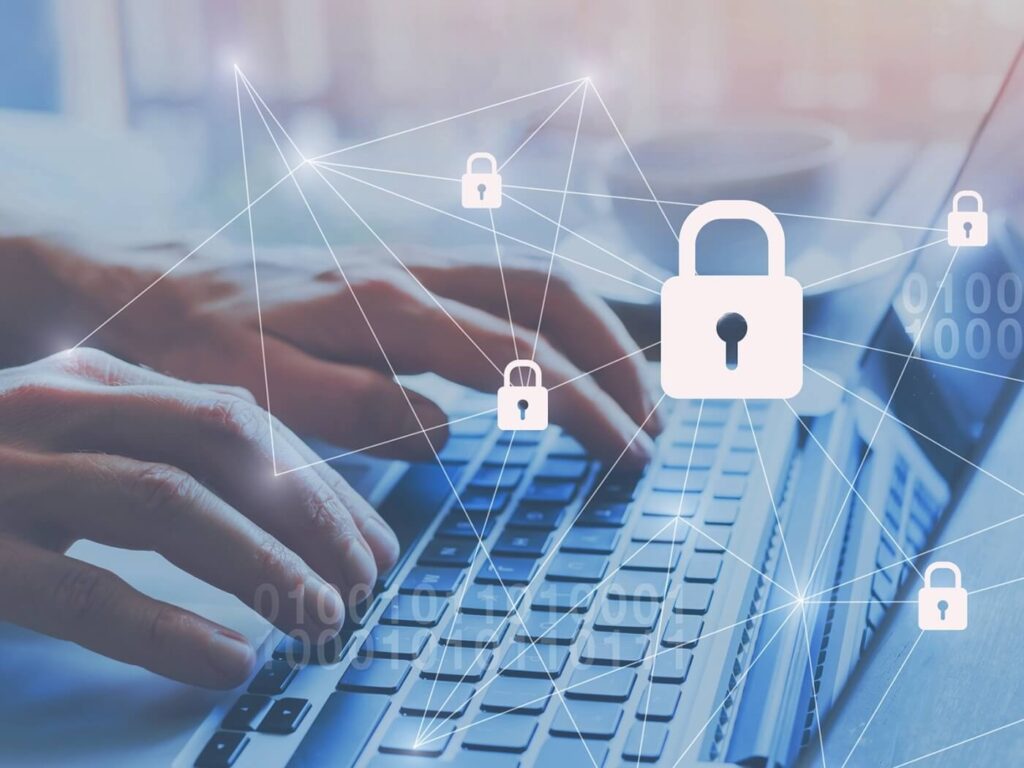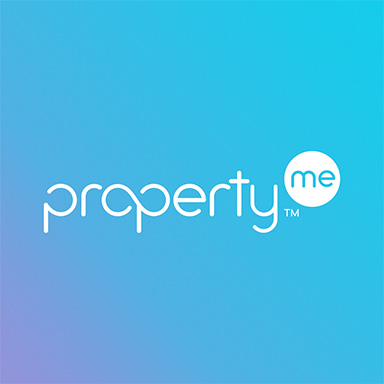We are a society of online shoppers, internet bankers and Google addicts. As we subscribe to more and more online applications, we sometimes begin to be a bit slack with making sure our online identity is secure and making sure sites are trusted. Below are some points to remind you what you should be doing when interacting online.
Passwords
Criminals use automated software programs that can guess thousands of passwords PER MINUTE! When creating passwords, be sure NOT to include things like your name, birthday, personal information (or any information that someone could find doing a google search on you) or a password that you’ve used in the past. Try to make the password at least 8 characters long, and include numbers, upper & lower case letters.
Spam is not only annoying and uses up your email space, but can have viruses that can interfere with your computer. If you see an email and it looks suspicious, do not open it, delete it straight away and block the sender. Never click or subscribe to email lists that you are unsure about, and always be careful of who you give your email address to.
Social
With constant changes to social media policies, you need to make sure you are on top of what websites such as Facebook can do with your information. Regularly check your privacy settings and don’t ignore updates. Think about what you post and share on sites, and always report to the site if you see something that makes you feel uncomfortable or uneasy.
For more tips and tricks on how to stay safe online visit www.staysmartonline.gov.au


